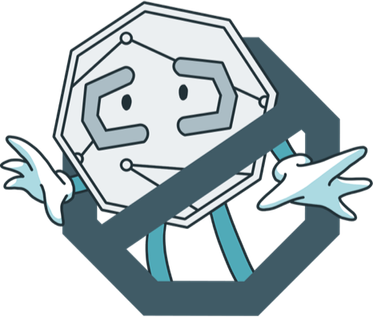
BNB Chain, the Binance-backed decentralized blockchain network, has announced the launch of Opbnb, its expansion layer built using the Optimism OP stack. The new network allows users to enjoy low-fee transactions in a high-throughput, high-speed transactional layer optimized for interactive applications such as games, with the BNB Chain chain serving as a settlement layer.
Optimism-Based Opbnb L2 Launches Mainnet
Opbnb, BNB Chain’s layer-two (L2) network, has recently announced the launch of its mainnet, focusing on bringing a scalable tool to developers of BNB Chain. The scalability layer, built on the Optimism OP stack, enhances two aspects of applications on the BNB Chain: finality and costs.
The new L2 has short block times, allowing developers to move assets and value quickly to and from the network. Also, Opbnb theoretically can manage more than 4,000 transactions per second, with transaction fees as low as $0.005. This means it is designed with applications that handle blockchain interactions in bulk in mind.
Changpeng Zhao, CEO of Binance, called on developers to take advantage of the new features that Opbnb offers. He stated:
Fast, scaleable, and super-low fees. Let’s build real-world applications that require billions of messages/events per day.
The network was launched via testnet in June, with more than 35 million onchain transactions completed and registering more than 435,000 unique wallet interactions. More than 150 apps were deployed during this phase.
Designed for Interactive Entertainment Applications
While the adoption of Opbnb enables daily payment operations due to its low fees, the L2 is focused on serving interactive applications such as games, which need highly responsive experiences. BNB Chain even describes this use case, stating that “the ideal scenario is to have Opbnb serve as a dedicated high-performance ledger for gaming applications, with Binance Smart Chain acting as a secure settlement layer.”
Furthermore, BNB Chain states that Opbnb’s characteristics would allow gaming transactions and interactions, like selling or picking up items, to occur directly on Opbnb by taking advantage of the low fees and fast finality of the L2 to make more responsive games.
Opbnb’s development team has also focused on security, including a series of design determinations to make the L2 more secure and less prone to censorship.
Now that the mainnet has been launched, the Opnbnb team will focus on complementing Opbnb’s features, adding new functionality like enhanced security for offchain transactions, account abstraction, and a decentralized sequencer to augment network resilience.
What do you think about the launch of Opbnb and its low fees? Tell us in the comments section below.





